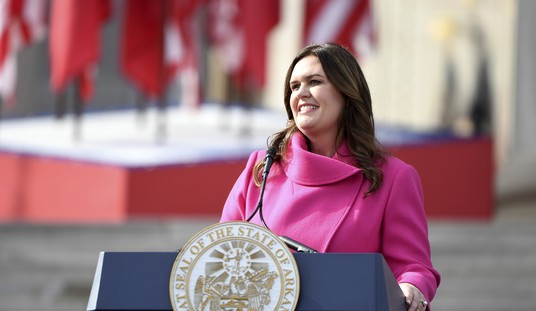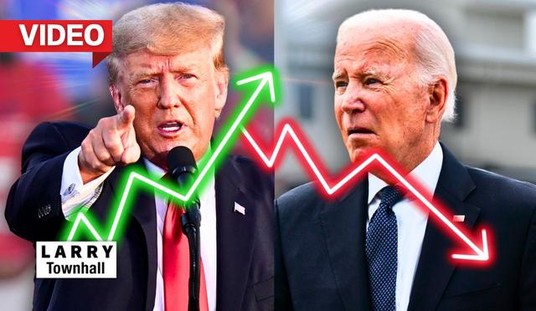The Supreme Court’s decision last week in McCutcheon v Federal Election Commission, eliminating the total limit that an individual can contribute in an election cycle to candidates and party committees, amounts to a shot of adrenalin to American democracy.
The court ruled that such limits violate First Amendment free speech protection.
Limits remain on the total funds that an individual can contribute to a given candidate in an election cycle. But the limit on the total contributions that an individual can make are now gone.
The principle involved - that participation in elections and supporting candidates of one’s choice is a key element of free speech - is, of course, crucial.
But the practical realities, as well, are important to think about.
Freedom and a healthy, functioning democracy is about open and free flow of information and expression. Political markets are like other markets. They work best when ideas and information can flow freely and reach the marketplace and compete. The only way this can happen is in a free market.
It is instructive to consider the reasoning of those who want campaign contributions limited and who think the McCutcheon decision is bad.
The New York Times, for instance.
According to the Times’ reasoning, without limits on campaign contributions, we get corruption – like bribery – and improper and unfair influence by those with the most money over politicians.
But it’s really the opposite. Controls cause unfairness, which sometimes leads to corruption. Not free markets.
Suppose Congress passed a law limiting the amount of funds that businesses can spend on advertising. It would be firms that want to bring new products to market that would be hurt the most. Existing and known firms whose products are already on the shelves would be protected as result of stifled competition.
Recommended
In the 2012 elections, 90 percent of incumbent members of congress were re-elected. Incumbent reelection rates in this range are typical.
Limiting the amount of funds that free citizens can contribute to candidates, or how much those candidates can spend, just stifles competition and protects incumbents.
Current members of congress, particularly those who have been around for a while and have leadership positions and committee chairmanships, intimidate competitors just by virtue of their standing power and influence.
When there is a 90 percent chance that a powerful member of congress will get re-elected, and there is a limited amounted of money those who want new blood can spend to unseat that member, does this sound like Washington political realities are fair and competitive? No way.
In the 2012 elections a record $7 billion was spent. Sounds like a lot, right?
But consider that in 2012 businesses comprising the top 100 leading advertisers spent, according to Advertising Age, $104.5 billion promoting their products. Procter and Gamble alone spent $4.8 billion.
Proctor and Gamble spent $4.8 billion in advertising to support their $84 billion in sales. However, American citizens spent a total of $7 billion in political campaigns for candidates who, after elected, have sway over almost $4 trillion in government spending – a quarter of America’s whole economy. We have plenty of information and competition in the market for soap but not for the political ideas that affect our whole country. Does this make sense?
Senator John McCain criticized the McCutcheon decision saying it will lead to “corrupt public officials.” Senator McCain has been in Washington for over 30 years. He enjoys the lack of competition that limits on campaign contributions produce.
The majority opinion on McCutcheon was written by Chief Justice John Roberts Jr. Justice Clarence Thomas wrote a separate opinion saying that the decision did not go far enough. Thomas supports ending all limitations on campaign contributions.
The McCutcheon decision is great news for American freedom and democracy. Freer markets in political campaigns can only make America a healthier and stronger republic.
























Join the conversation as a VIP Member